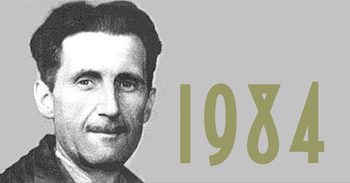However, CNN’s swift termination of Hill and continued employment of former Republican presidential candidate Rick Santorum sparked wide backlash on Twitter. (Santorum once said that “all the people that live in the West Bank are Israelis. They are not Palestinians. There is no Palestinian. This is Israeli land.”) Many users questioned how any discussion could take place on the question of Palestine if every critique of Israel or any advocacy on behalf of Palestinians is instantly labeled as anti-Semitic.
By Rachel Leah,
CNN fires Marc Lamont Hill as contributor after he called for a “free Palestine” at the UN
“There’s another story going on here . . . a punishment of black radical thinkers in the United States”
Further extracts:
“But there’s another story going on here,” she added, “There is, more broadly, a punishment of black radical thinkers in the United States who define themselves as internationalists. Here, this is not just limited to the question of Palestine, but this is the case of what happened to Muhammad Ali in his opposition to the Vietnam War. It’s what happened in the sidelining of Martin Luther King Jr. in his opposition to the Vietnam War. It’s what happened to Paul Robeson in his declaration that the U.S. practiced a treatment of black people that is tantamount to genocide.”
Thus, CNN’s termination of Hill makes him part of a larger legacy, Erakat continued, of silencing and repudiating black activists in the U.S. for asserting that “they are part of a global struggle against racism and colonialism.” “When it comes to Palestine, that punishment becomes more cruel,” she added.
From the river to the sea . . . . a vision for all people, all races
https://youtu.be/I8_3mGQTX2E“All that Marc was saying was that we need to be committed in the space of the United Nations to full justice for Palestinians, whether they’re in exile, whether they’re under occupation or whether they live in the state of Israel itself,” Kelley said. He added that the specific “from the river to the sea” phrase, which refers to the Jordan River and the Mediterranean Sea, that drew so much ire has been a standard slogan used in demonstrations for Palestinian rights and self-determination “for a century.”
“Nothing in that slogan indicates a calling for the destruction of Israel. It’s certainly calling for an end to occupation,” Kelley said, noting that such a belief is shared by people all over the world, including by some living in Israel.
“What [Hill] said was a vision of inclusion for everybody,” Erakat said, “and all of all things. He’s at the U.N., and when he said it, he gets thunderous applause. So the other thing to consider is that the majority of the world is in agreement with him.”


